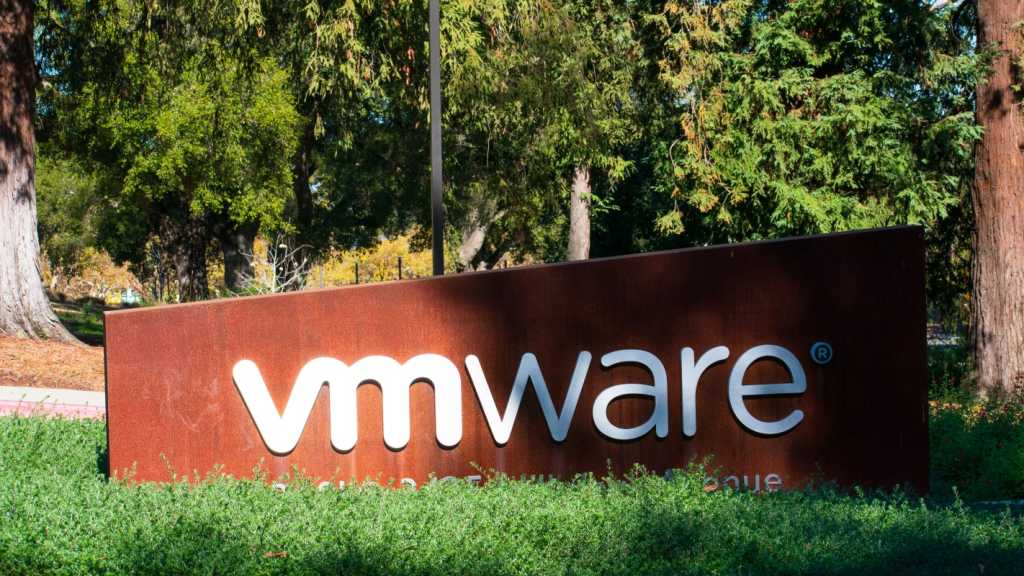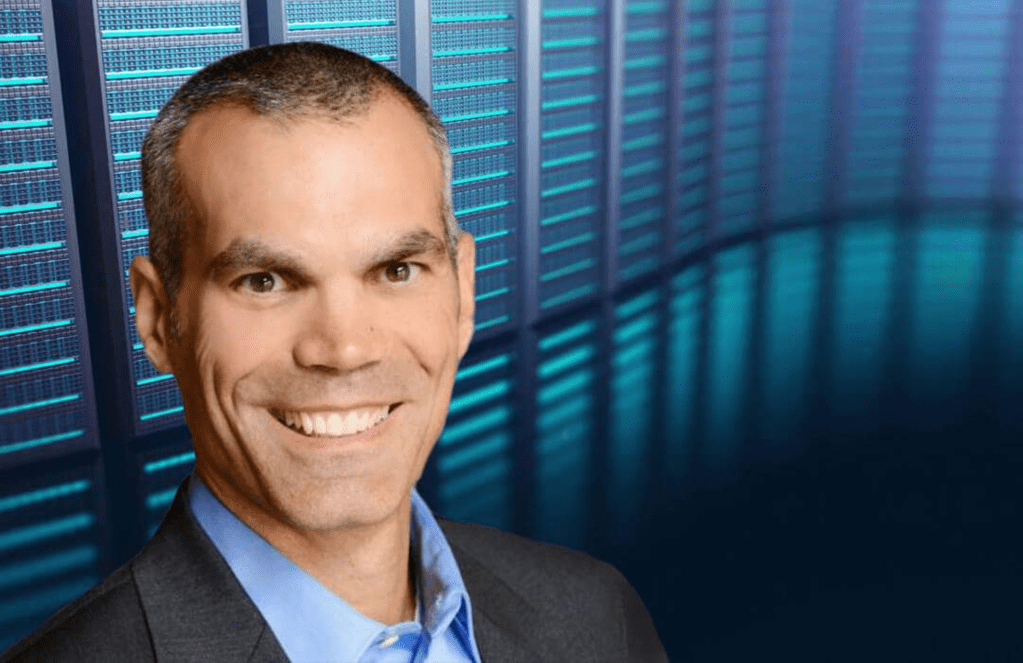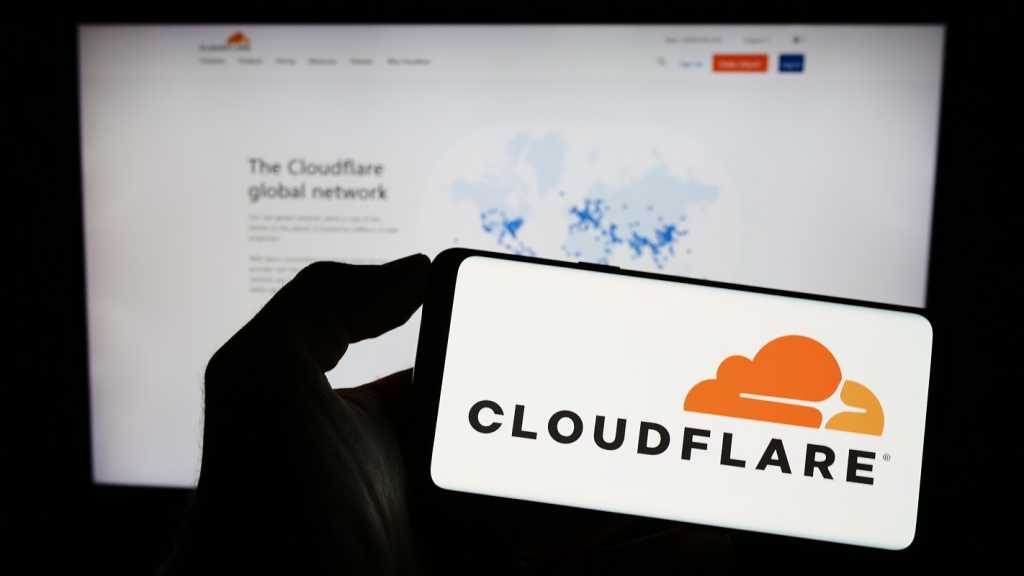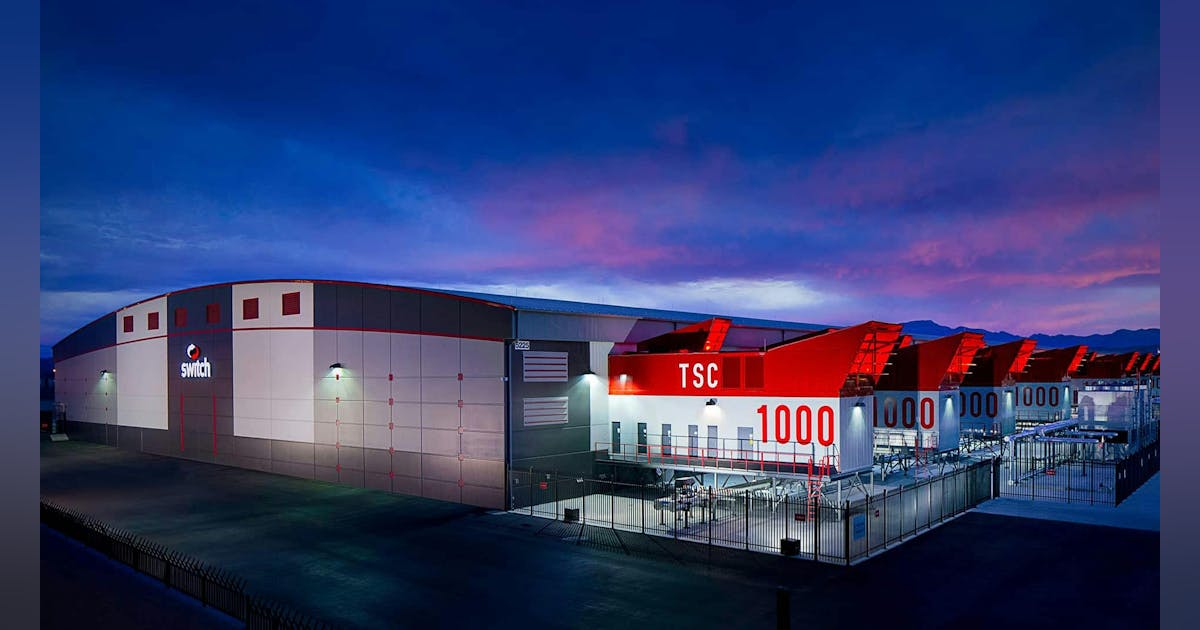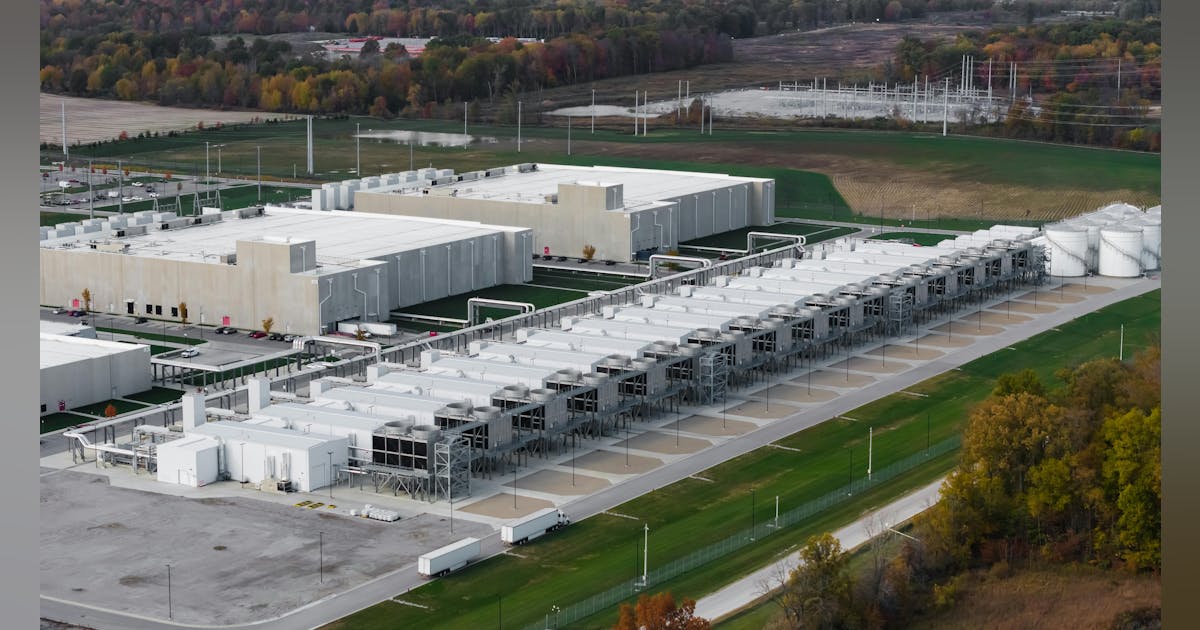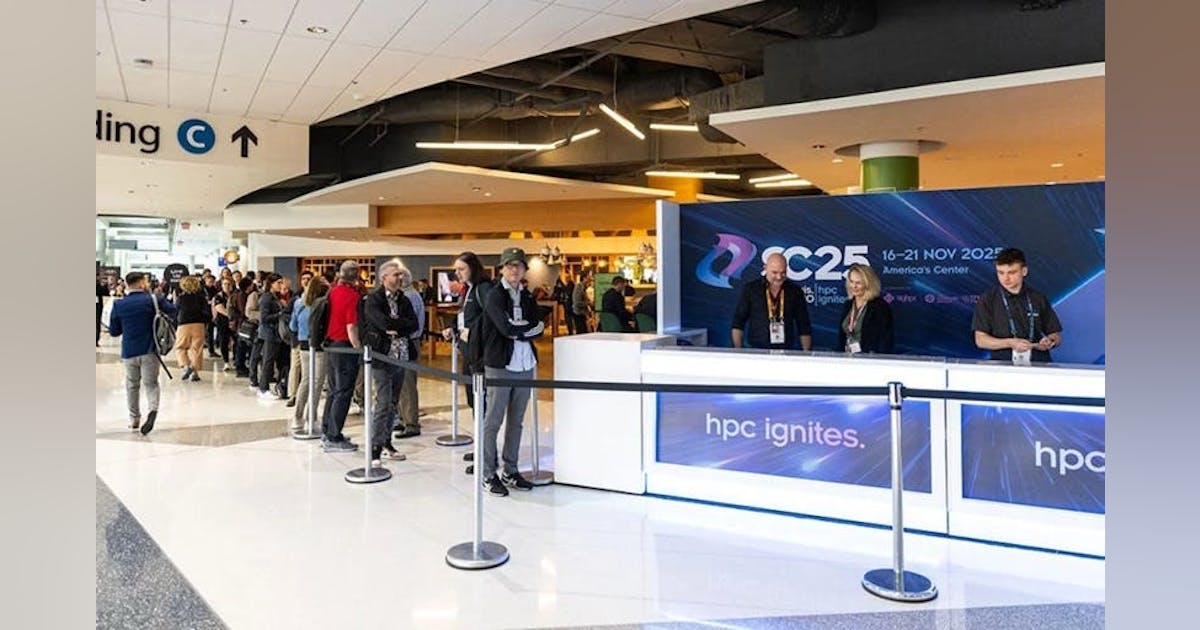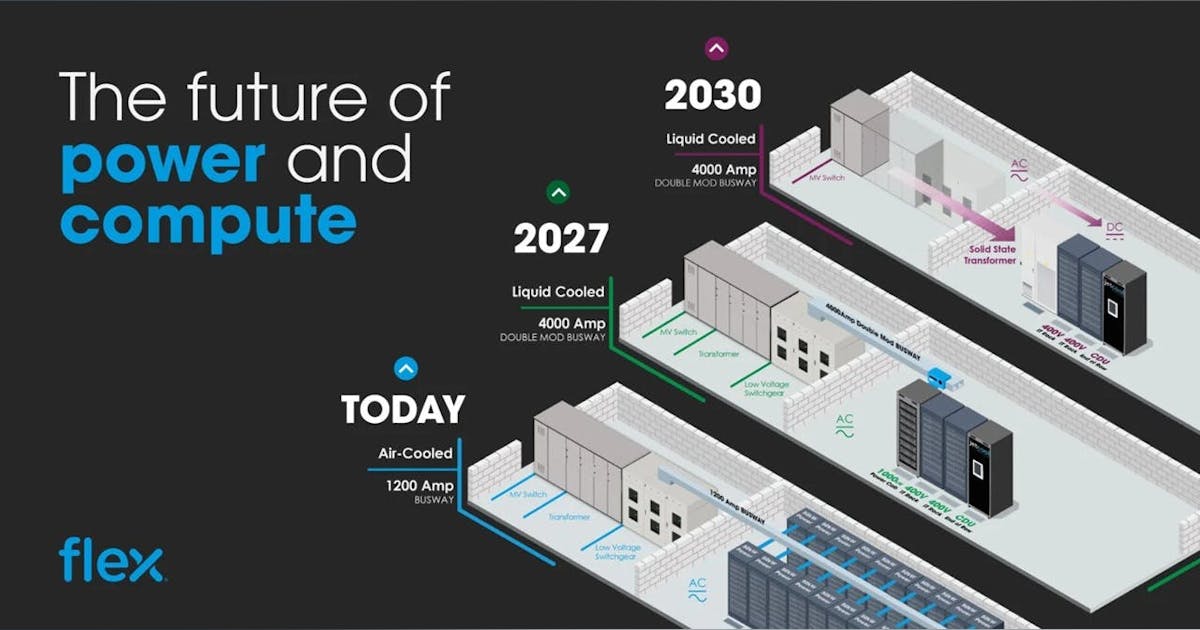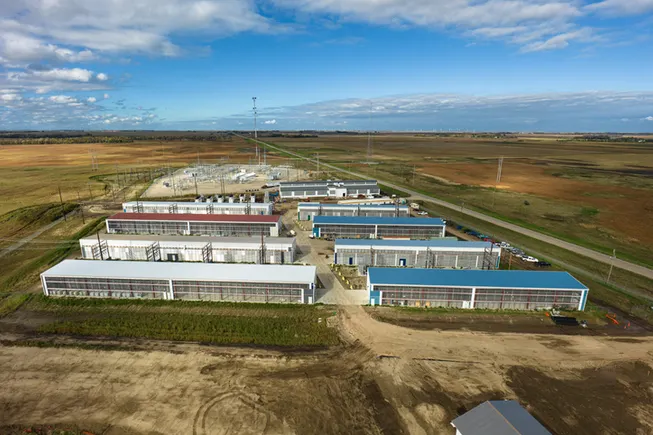
Alexandra Klass is the James G. Degnan Professor of Law at Michigan Law, and Dave Owen is the Albert Abramson ’54 Distinguished Professor of Law at UC Law San Francisco.
The United States faces massive growth in electricity demand. If utilities’ projections are right, data centers will drive much of that growth. And if utilities try to meet that demand in traditional ways, the results could be bad for consumers, the environment and the tech industry.
Those traditional ways assume that utilities must meet the needs of electricity customers at all times. This requires utilities to build new power plants and transmission and distribution lines and (in most states) pass those costs, plus a profit margin, on to consumers. Utilities also will not allow major new users to connect to the grid until those users’ needs can be met.
These principles are a poor fit for the present moment. Building new power plants and transmission lines has become increasingly difficult. If data centers must wait until that infrastructure is fully built, they may wait for years. Worse, utilities and government officials are citing the potential data-center boom as a reason to extend the life of old, expensive, and heavily polluting coal plants or to build new gas plants. If they do so, and if they pass those costs on to consumers, retail electricity prices and pollution will rise.
And if current demand projections turn out to be overestimates — which has happened during past tech booms — consumers will pay for new power plants that never needed to be built.
But this unfortunate scenario is not inevitable. We are scholars of energy, natural resources, and environmental law, and in a paper we explore a better way of meeting this moment. Our inspiration comes from legal systems for allocating water, particularly in the American West, and natural gas. For both resources, intermittent scarcity has often been assumed, and legal systems evolved to manage shortages. These systems provide instructive models for electricity.
Allocation systems for water and natural gas have a few key elements. First, they generally allow new users to connect to the system even if supplies won’t always meet those users’ demand. Second, resource managers can curtail users’ access in times of shortage. And third, importantly, these systems allow and encourage users to find innovative ways to insure against uncertainty.
For example, a water user who holds a “junior” — and therefore relatively insecure — water right but wants highly secure deliveries could contract with a more “senior” right-holder for additional water in times of scarcity at a mutually agreeable price. Or the junior right-holder might construct additional storage facilities or water-recycling facilities to help it through times of need. A combination of trading and innovation thus creates security for users and makes more efficient use of the resource, while alleviating the need to find expensive new supplies.
The same concepts hold promise for electricity. Instead of waiting five years for electric utilities to build expensive new gas plants, state regulators and utilities could allow a data center to connect to the grid but be subject to curtailment. Knowing that risk, the data center could contract with demand-response providers, who specialize in freeing up electricity through short-term shifts in the timing or level of use, to provide backup supplies. Or the data center might build its own solar-and-storage resources. Many data centers are affiliated with well-resourced companies that pride themselves on innovation. They can find creative solutions if legal systems encourage them to do so.
Already, this model is emerging. Texas, for example, recently enacted legislation allowing data centers to connect to the grid but be subject to curtailment. But Texas remains an outlier. While some other state public utilities commissions and utilities are contemplating similar arrangements for data centers, most are still operating under old models and assumptions. We urge other state commissions and legislatures to use their authority to begin to fashion similar creative solutions. State action in this area can make progress even while regulators and stakeholders debate whether the Federal Energy Regulatory Commission and regional transmission organizations also have Federal Power Act jurisdiction to act, as the U.S. Department of Energy recently proposed.
In twenty years, we may look back on the data-center boom — if it comes to fruition — as a time when energy systems took an enormous step backward, with already-rising prices spiraling further out of control and pollution emissions rising. But we could also see this as a transformational moment that reshaped electricity systems for the better. A management approach founded in flexibility and designed to create economic incentives for innovation would help drive such positive change.

